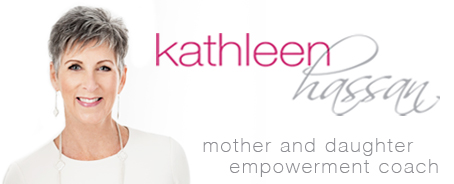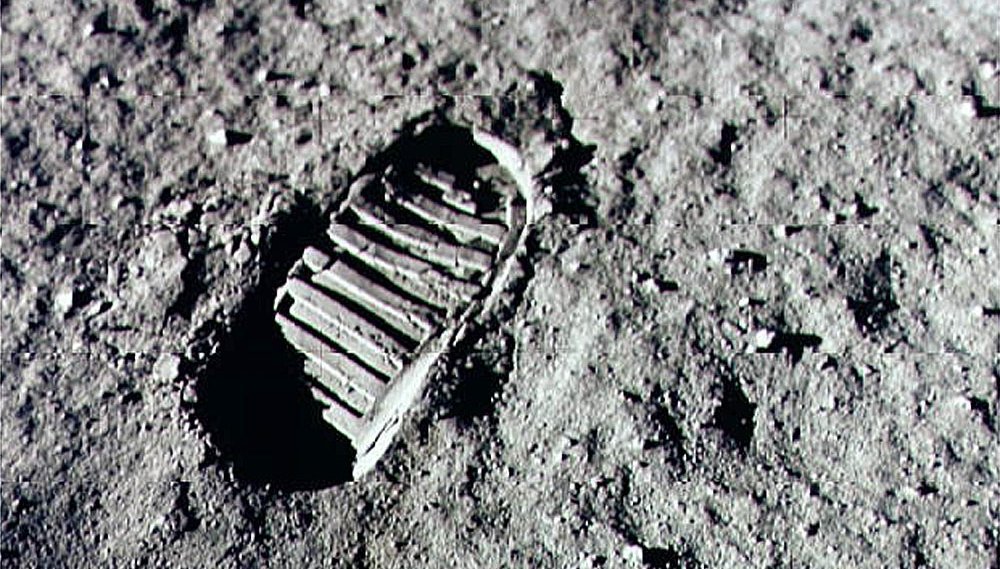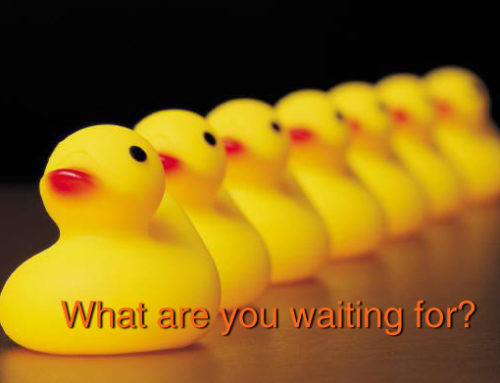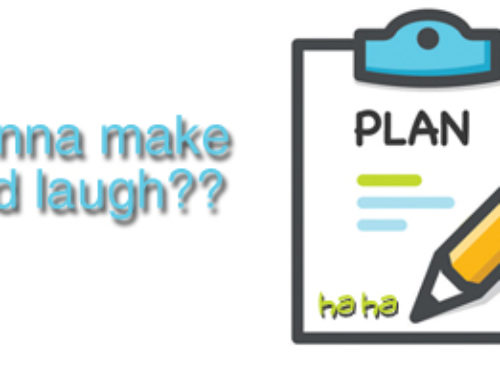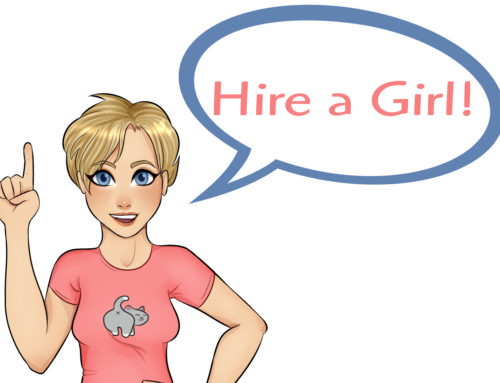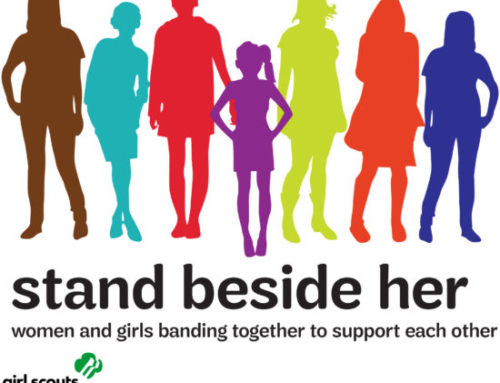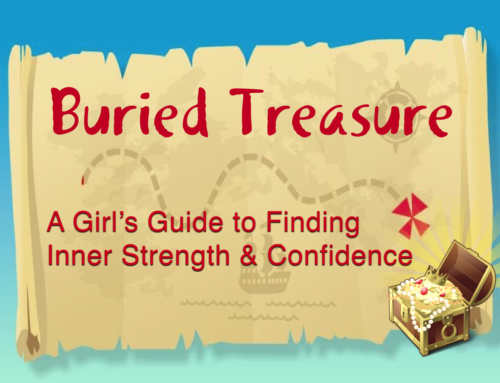On July 20, 1969, an estimated 450 million people around the world sat transfixed, listening to radios or watching their television sets, as the Apollo Lunar Module touched down on the moon. We held our breath and didn’t exhale until Neil Armstrong announced to Mission Control, “The Eagle has landed.” A collective cheer was heard around the world as he stepped off the ladder, put his foot down onto the lunar surface and spoke these legendary words, “That’s one small step for (a) man, one giant leap for mankind.”
The significance of that day has been burned into my memory, but not for the obvious, historical achievement for all humankind. President Nixon remarked, “For one priceless moment in the whole history of man, all the people of this earth are truly one.”
Ironically, I had never felt more alone in my entire life. I got my first period the day the astronauts landed on the moon! Not until many years later did I learn about the correlation between the lunar cycle and the menstrual cycle. The Latin word mensis means month and the Greek word mene means moon. But I didn’t know that then. All I knew is that I had changed and I couldn’t go back and things would never be the same again.
Most cultures and religions celebrate this coming-of-age milestone of womanhood, but to me this felt like my dirty little secret and I didn’t tell a soul. I had so many questions, none of which I dared ask my mother. My dad had died just a couple of years before and my mother was barely surviving as a widow with five kids. She never even gave me “the talk” but delegated it instead to my older sister who’d been studying reproduction in her freshman biology class in college. That same summer, Gary Puckett and The Union Gap had a top billboard hit song called, “This Girl is a Woman Now” and I was mortified every time it played on the radio. I felt vulnerable, afraid and exposed. I just couldn’t fathom how I could be a girl one day and a woman the next. What was expected of me now that I was a woman? I had been given the biological version of “the talk” along with “my first period kit,” yet was totally ill equipped for the emotional and psychological baggage that came along with it. While I watched the worldwide spectacle before me, I couldn’t help but wonder what this small step meant for me. Everyone has a story to tell. When we share our story, we get to know ourselves better and we begin to heal all the wounds of the past. For most of my life, I was ashamed of my story and thought that everyone else had a much more interesting, exciting, or better story to tell. I had no idea that I would one day have a career that would have me sharing my story with girls around the world. As a writer, I get to experience events and circumstances from an entirely different vantage point, digging deep to find the nuggets of truth and observing the unmistakable touch of grace that guided me through the cycles of my life. Like those footprints on the moon, that experience left an indelible imprint on my heart. But wait. The story doesn’t end there… Three years ago, I was headed to Washington DC to attend the United State of Women Summit. At the airport gate, I happened to sit next to an elderly gentleman whose daughter, as I overheard from their conversation, was making sure her dad was OK before she left him to go catch her own flight. I leaned over and said, “I’ll keep my eye on him for you.” The daughter was so appreciative and left her father sitting there next to me, shaking his head and chuckling over how much she worries about him. It was a sweet moment to witness and I told him so. We began chatting like old friends and he seemed genuinely intrigued that I was headed to the White House for the women’s summit and equally fascinated about my work with girls. “So what about you?” I asked, “What are you doing in DC?” I figured this kind and gentle grandpa was off to visit his grandchildren. He leaned over and practically whispered his reply. “I’m speaking at a conference on aeronautics.” “Really?” I remarked. “What kind of career did you have that would give you the knowledge and credentials to speak on aeronautics?” “Oh, I don’t like to talk about it much,” he said. “Well you can’t leave me hanging,” I exclaimed, “you have to tell me!” “I was the command module pilot for the Apollo 11 mission,” he said almost sheepishly, and then added, “I was the guy who stayed in orbit while the other two landed on the moon.” I nearly fainted. “You’re Mike Collins?” I squealed. I felt like I was meeting one of the Beatles. He literally shushed me, and it struck me that he was, without a doubt, the most humble person I had ever met. I asked him if it was difficult to watch Neil Armstrong getting all the glory, and with all the humility and compassion that no one besides Jesus could offer, he explained how Neil’s life was no longer his own and how difficult it must have been for him to forever be the public face and spokesperson for everything lunar. I asked him a million more questions and we talked about space movies that got it right or came close (The Martian) and the ones that totally missed the mark (practically all of them). It was the most interesting conversation I’d ever had and I felt like I’d been waiting for this moment my whole life. I couldn’t let this opportunity go by without sharing my own man-on-the-moon story. “Would you like to know what happened to me on that fateful day?” I asked, knowing that I probably wasn’t the first person to share their own version of where were you when, like the day Kennedy got shot. “Sure I would,” he said. It sounded to me like he honestly meant it, so I blurted out, “I got my first period the day you guys landed on the moon,” and recounted the significance and lasting impression that moment had on me. With a hearty laugh, he slapped his knee and said, “What a marvelous story!” “Yes,” I replied, “it was one small step for a girl and one giant leap for womankind.”